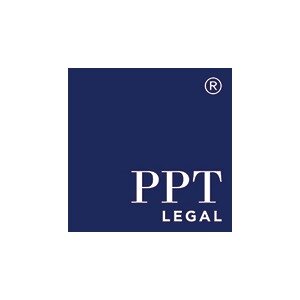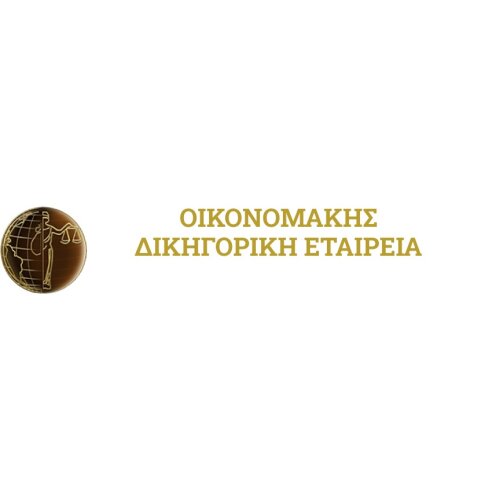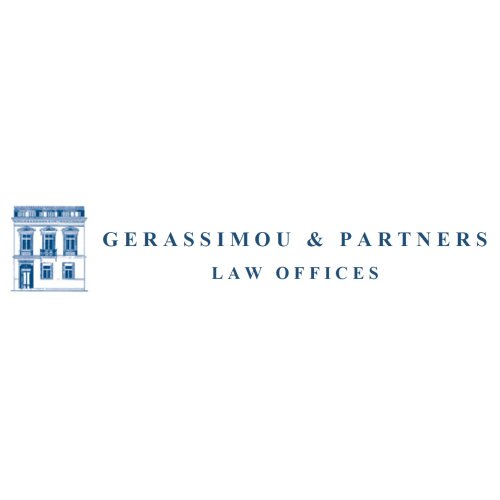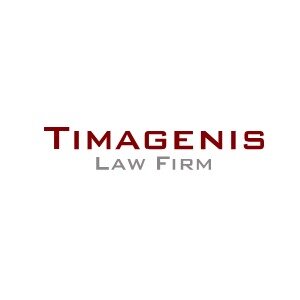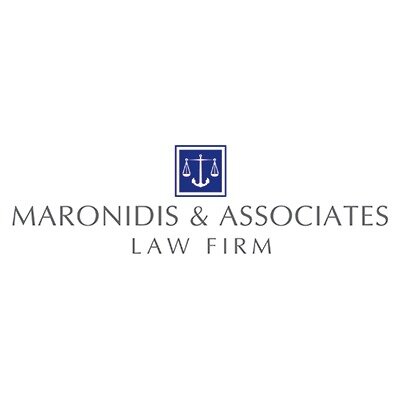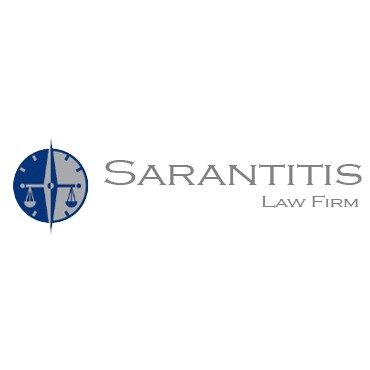Best Structured Finance Lawyers in Piraeus
Share your needs with us, get contacted by law firms.
Free. Takes 2 min.
List of the best lawyers in Piraeus, Greece
About Structured Finance Law in Piraeus, Greece
Structured finance involves complex financial instruments and arrangements used to manage risk, enhance liquidity, and facilitate large-scale investments. In Piraeus, Greece, where shipping, trade, and real estate are vital industries, structured finance plays a significant role in enabling companies to access capital and optimize their financial structures. This field encompasses securitizations, syndicated loans, project financing, asset-backed securities, and other tailored financial products. Greek law, influenced by both local regulations and European Union directives, shapes how these transactions are structured and enforced.
Why You May Need a Lawyer
Structured finance transactions are intricate and often involve multiple parties, complex contracts, and significant regulatory oversight. You may require legal assistance if you are:
- Arranging a large business or infrastructure financing deal
- Issuing or investing in asset-backed securities
- Engaging in project finance for shipping or logistics
- Participating in syndicated loans or debt restructuring
- Navigating international finance or complying with both Greek and EU regulations
- Interpreting or drafting legally sound and enforceable finance contracts
- Responding to regulatory investigations or disputes
- Mitigating risks associated with insolvency or credit defaults
A specialist lawyer in structured finance can help you protect your interests, ensure compliance, and resolve or prevent costly disputes.
Local Laws Overview
Structured finance in Piraeus is governed predominantly by Greek national law, along with influences from European regulations. Some key legal aspects include:
- Greek Civil Code and Commercial Law: These set the framework for most contractual and business obligations in finance transactions.
- Financial Instruments Law: Specific legislation covers securitization, bond issuance, and asset management.
- Bank of Greece Regulations: The central bank enforces rules relating to financial stability, capital adequacy, licensing of financial institutions, and anti-money laundering.
- European Union Directives: Greece implements several EU directives, such as those on capital requirements, transparency, prospectuses, and anti-money laundering, which affect structured finance products and procedures.
- Tax Laws: Taxation issues related to transfer pricing, withholding taxes, and VAT can significantly impact the structure and economics of a financing transaction.
- Dispute Resolution: Disputes may be subject to Greek courts, arbitration, or international forums depending on the contract.
It is crucial to work with professionals who have local experience, as both Greek and EU laws are complex and subject to frequent updates.
Frequently Asked Questions
What is structured finance and how is it used in Piraeus?
Structured finance refers to complex financial arrangements used to raise large amounts of capital or manage risk. In Piraeus, it is commonly used in the shipping, real estate, and trade sectors to enable significant investments and acquisitions.
Can foreign investors participate in structured finance transactions in Greece?
Yes, foreign investors can participate, subject to Greek and EU regulatory requirements. Greek law welcomes foreign capital, especially in major financing projects, but compliance and due diligence are essential.
Which regulatory bodies oversee structured finance in Greece?
The Bank of Greece, the Hellenic Capital Market Commission, and the Ministry of Finance are primary regulators. For international aspects, European bodies may also have jurisdiction.
What are the typical risks in structured finance transactions?
Risks include credit default, liquidity issues, regulatory changes, tax implications, and potential disputes between parties. Proper legal structuring can mitigate many of these risks.
Do structured finance agreements have to be in Greek?
While contracts can be drafted in any language agreed upon by the parties, Greek is required for court proceedings and filings with most local authorities.
How are disputes in structured finance transactions resolved?
Disputes can be resolved in Greek courts, through arbitration, or in international forums, depending on the terms of the agreement. Athens and Piraeus host recognized arbitration centers for commercial disputes.
Is taxation of structured finance products complex in Greece?
Yes, tax treatment depends on the transaction's structure, the parties involved, and relevant Greek and international tax laws. Legal and tax advice is strongly recommended before proceeding.
What role does the Bank of Greece play in structured finance?
The Bank of Greece regulates financial institutions, enforces capital and liquidity requirements, and ensures anti-money laundering compliance in structured finance transactions.
Can small or medium enterprises (SMEs) access structured finance solutions in Piraeus?
While structured finance is more common for large-scale or international projects, SMEs may access tailored solutions such as asset-backed loans or syndicated debt, often with bank or government support.
Do I need a lawyer for every structured finance transaction?
Given the complexity and potential risks, legal representation is highly recommended for all parties involved in structured finance, even for seemingly straightforward deals.
Additional Resources
Those seeking further information or support can consider the following resources:
- Bank of Greece - Regulatory and licensing information for financial institutions
- Hellenic Capital Market Commission - Oversight of securities markets and instruments
- Piraeus Bar Association - Directory of qualified lawyers specializing in finance
- Greek Ministry of Finance - Guidelines on financial regulation and taxation
- Greek Chamber of Commerce and Industry - Business support for structured finance initiatives
These organizations offer information, guidelines, and practical support for both individuals and businesses involved in structured finance.
Next Steps
If you need legal assistance with a structured finance matter in Piraeus:
- Gather all relevant documents and information about your project or transaction
- Identify your specific objectives and any concerns about risk, compliance, or taxation
- Consult a specialized lawyer with experience in structured finance transactions in Greece
- Prepare questions about your legal options, timelines, and costs
- Confirm your lawyer’s qualifications and their familiarity with local and EU laws
Early legal guidance is key in structured finance, as proper planning can protect your interests and prevent costly disputes. Working with local professionals ensures your transaction is both compliant and optimally structured for success.
Lawzana helps you find the best lawyers and law firms in Piraeus through a curated and pre-screened list of qualified legal professionals. Our platform offers rankings and detailed profiles of attorneys and law firms, allowing you to compare based on practice areas, including Structured Finance, experience, and client feedback.
Each profile includes a description of the firm's areas of practice, client reviews, team members and partners, year of establishment, spoken languages, office locations, contact information, social media presence, and any published articles or resources. Most firms on our platform speak English and are experienced in both local and international legal matters.
Get a quote from top-rated law firms in Piraeus, Greece — quickly, securely, and without unnecessary hassle.
Disclaimer:
The information provided on this page is for general informational purposes only and does not constitute legal advice. While we strive to ensure the accuracy and relevance of the content, legal information may change over time, and interpretations of the law can vary. You should always consult with a qualified legal professional for advice specific to your situation.
We disclaim all liability for actions taken or not taken based on the content of this page. If you believe any information is incorrect or outdated, please contact us, and we will review and update it where appropriate.



